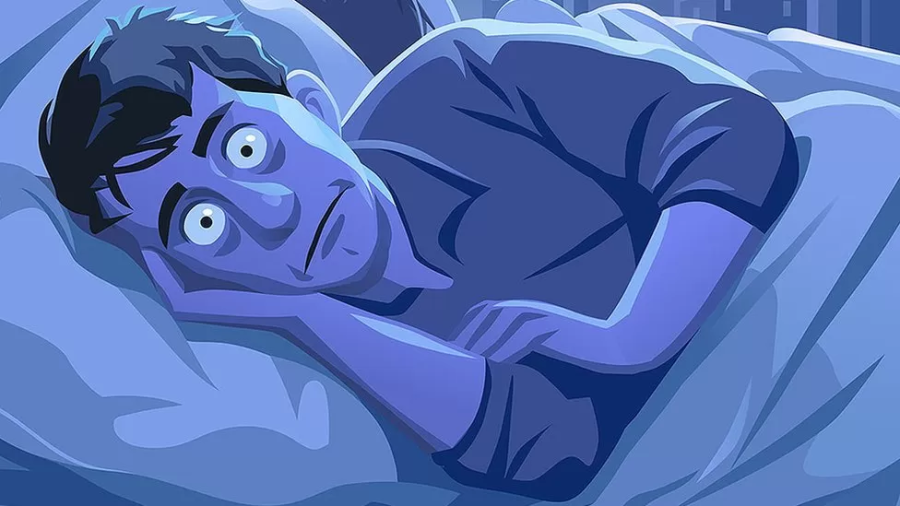What is Insomnia?
March 30, 2023
Could you imagine not being able to sleep?
Could you imagine not being able to sleep? Trying so hard to doze off, but never being able to shut your brain off and feel rested in the mornings? Eyelids hanging droopy due to the lack of sleep that your body has gotten, hopelessly tossing and turning. Insomnia is a common sleep disorder in which you may have trouble falling asleep, staying asleep, or getting good-quality sleep. Insomnia can interfere heavily with your daily activities and cause drowsiness throughout the whole day. The amount of sleep that is sufficient for your body often varies from between 7-8 hours for adults. Let’s take a closer look at some of the symptoms and causes of insomnia.
Symptoms
Some of the most common insomnia symptoms include…
- Difficulty falling asleep at night
- Waking up during the night
- Waking up too early
- Not feeling well-rested after a night’s sleep
- Daytime tiredness or sleepiness
- Irritability, depression, or anxiety
- Difficulty paying attention, focusing on tasks, or remembering
- Increased errors or accidents
- Ongoing worries about sleep
If insomnia makes it difficult for you to function through everyday life, then it is recommended that a doctor visit is in store. A doctor can identify the cause of your sleep problems and how these problems can be treated. If a doctor suggests that there is a sleeping disorder present, then it would be suggested to see a sleep center for special testing of the sleeping disorder present.
Causes
Insomnia may be the primary problem or it may be associated with other conditions. If insomnia is chronic, it can often be a result of stress, such as life events that may be disrupting the flow of life. Some of the main causes of insomnia include…
- Stress
- Travel or work schedule
- Poor sleep habits
- Eating meals too late in the evening
Chronic insomnia may also be associated with medical conditions or the use of certain drugs. Treatment of the medical conditions linked with insomnia may improve sleep habits, however, insomnia may persist after said condition improves. Other causes of insomnia can include…
- Mental health disorders
- Medications
- Medical conditions
- Sleep-related disorders
- Caffeine, nicotine, and alcohol
Insomnia can also become more common the older that you get. It can start as early as infancy, through adolescence and in some cases iit can develop throughout adulthood. As your age increases it can be common to experience changes in sleep patterns, activities, and health, as well as an increase in medications taken for insomnia. Although it can be seen as more common in older ages, insomnia can also occur in children and teens. Some children and teens just simply have problems getting to sleep, due to their internal clocks being more delayed than that individuals of higher age. Their internal clocks want to go to sleep later and sleep in later in the morning.
Insomnia can be a very scary and tricky disorder that can affect individuals of all ages. There can be many symptoms that can set apart the many different forms of insomnia. If you do notice any of these symptoms above and are curious as to why you may be having trouble sleeping, it could possibly be due to the disorder that is insomnia.



